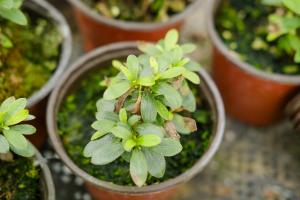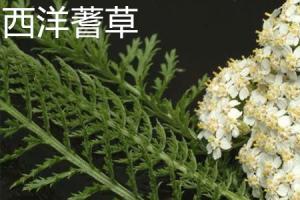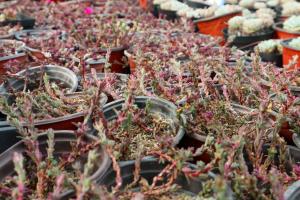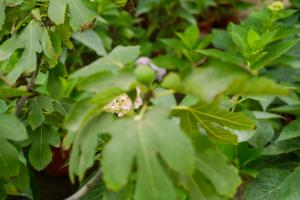Are Corn Plant Trees Toxic?
The corn plant, also known as Dracaena fragrans, is a popular indoor plant that belongs to the Asparagaceae family. Corn plants are valued for their attractive foliage and ease of care, making them a popular choice for both novice and experienced plant owners. But when it comes to the safety of corn plant trees, there are some concerns about their potential toxicity to humans and pets. So, are corn plant trees toxic? Let's find out.
Understanding Corn Plant Toxicity
Corn plant trees contain saponins and other toxins that can be harmful to dogs, cats, and humans if ingested in large quantities. Saponins are naturally occurring compounds that are found in many plants, including the corn plant. While saponins are generally not toxic to humans, they can be harmful to pets, especially if ingested in large amounts.
Another potential toxin in corn plant trees is calcium oxalate, which is found in the plant's leaves. Calcium oxalate crystals can cause skin irritation, burning sensation, and gastrointestinal distress, such as vomiting and diarrhea. However, the concentration of calcium oxalate in corn plant trees is relatively low, and the chances of experiencing these symptoms from exposure to the leaves are rare.
Signs of Corn Plant Poisoning
If ingested, corn plant trees can cause a range of symptoms in dogs, cats, and humans. In pets, symptoms of corn plant poisoning include vomiting, diarrhea, lethargy, loss of appetite, depression, and drooling. These symptoms can occur within a few hours of ingestion and can last for several days. In humans, symptoms of corn plant toxicity include nausea, vomiting, headache, and skin irritation.
Preventing Corn Plant Poisoning
The best way to prevent corn plant poisoning in pets and humans is to keep the plant out of reach. If you have pets or small children, it's best to avoid growing corn plant trees indoors, or keep them in a secure location where they cannot be accessed. If you do have a corn plant tree, make sure to keep its leaves and other plant parts out of reach of your pets and children.
If you suspect that your pet or child has ingested part of a corn plant tree, it's important to seek medical attention immediately. But in most cases, the toxicity of the corn plant is relatively low, and the chances of serious harm are minimal.
Conclusion
So, are corn plant trees toxic? While they can be harmful to pets and humans if ingested in large quantities, the toxicity of these plants is relatively low. By taking simple precautions and keeping the plant out of reach of small children and pets, you can safely enjoy the beauty and benefits of this popular indoor plant.

 how many times do yo...
how many times do yo... how many planted tre...
how many planted tre... how many pine trees ...
how many pine trees ... how many pecan trees...
how many pecan trees... how many plants comp...
how many plants comp... how many plants can ...
how many plants can ... how many plants and ...
how many plants and ... how many pepper plan...
how many pepper plan...































